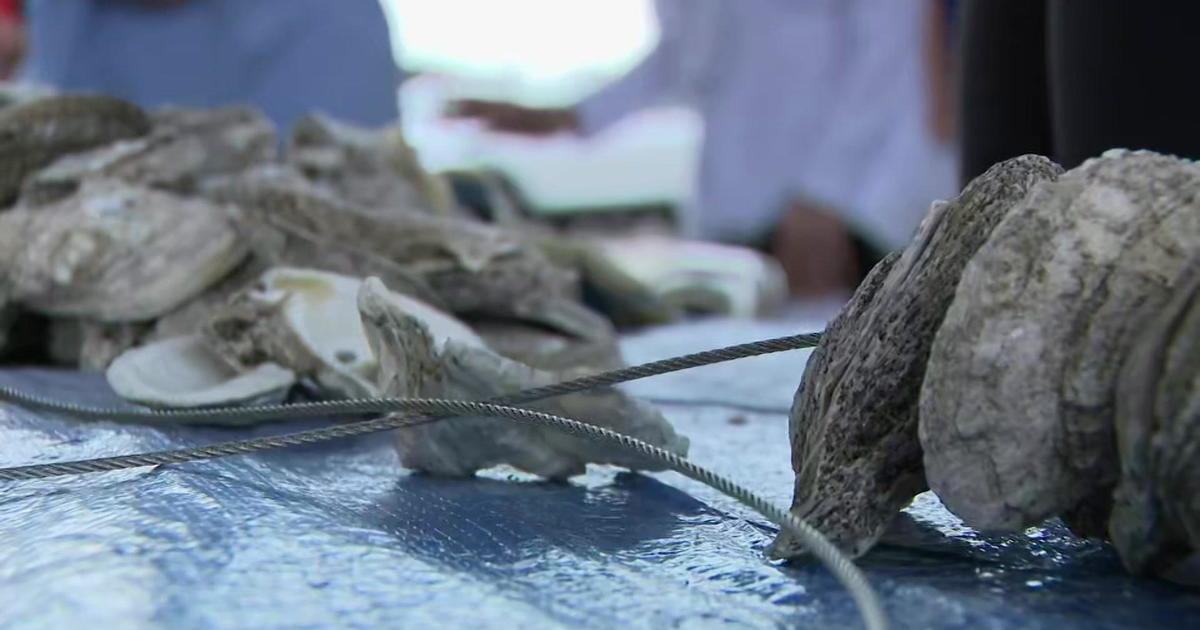Study: Infants Exposed To Chemicals Used To Combat Zika Had Reduced Motor Skills
Follow CBSMIAMI.COM: Facebook | Twitter
BROWARD (CBSMiami) – With mosquito control gearing up to spray for larvae is rain saturated Broward County, a new study is highlighting the possible dangers of a chemical used to kill the Zika-carrying insects.
Researchers at the University of Michigan took a look at the effects of Naled on children who were exposed via their mothers during pregnancy.
The babies in the study had "3-4 percent lower fine motor skills scores at age 9 months for those in the top 25 percent of Naled exposure, compared to those in the lowest 25 percent of exposure."
The mosquito control team spraying in Hollywood said they aren't using Naled.
"(We're using) an organic material that is found naturally in the earth. It is safe for humans, pets, animals, insects, including bees," said Broward Mosquito Control Director Ahn Ton. "We do not and we are not planning on using Naled."
Miami-Dade County supplements their mosquito control program with aerial spraying. They spray an infinitesimal amount of Naled over large urban areas, when needed.
However, that could change with the release of the peer-reviewed study.
Researchers said Naled affected "the small movements of hands, fingers, face, mouth and feet."
"Motor delays in infancy may be predictive of developmental problems later in childhood," said first author Monica Silver, graduate student research assistant and research fellow in the School of Public Health Department of Environmental Health Sciences. "The findings may help inform policy as the debate over use of these chemicals continues."
The report's authors told CBS4 that much more study has to be conducted as it was a very small sample.
"Zika is a very serious public health threat. This information helps to highlight that the way we go about combating Zika and other vector-borne diseases needs to be thought out more completely in order to minimize other unintended consequences," said John Meeker, U-M professor of environmental health sciences who was senior author and principal investigator on the project. "For example, a focus on a more holistic integrated pest management approach may allow for the same or even improved effectiveness in reducing disease while using smaller amounts of these potentially harmful chemicals."
But they added that they're not suggesting any policy changes at this point regarding the use of Naled.
Zika 101: Prevent Spread By Protecting Yourself
"I think it is worth reviewing, but it should not change the policy at this time," Ton said.
Miami-Dade County released a statement Thursday, which read:
"We immediately reached out to mosquito control professionals at the U.S Centers for Disease Control and Prevention to determine whether CDC staff were familiar with the study. They, too, had limited information on the study, how it was conducted. At this time, there is insufficient information available about the study for the County to provide further comment."
Click here for more information on the Zika virus or here for more Zika-related stories.



